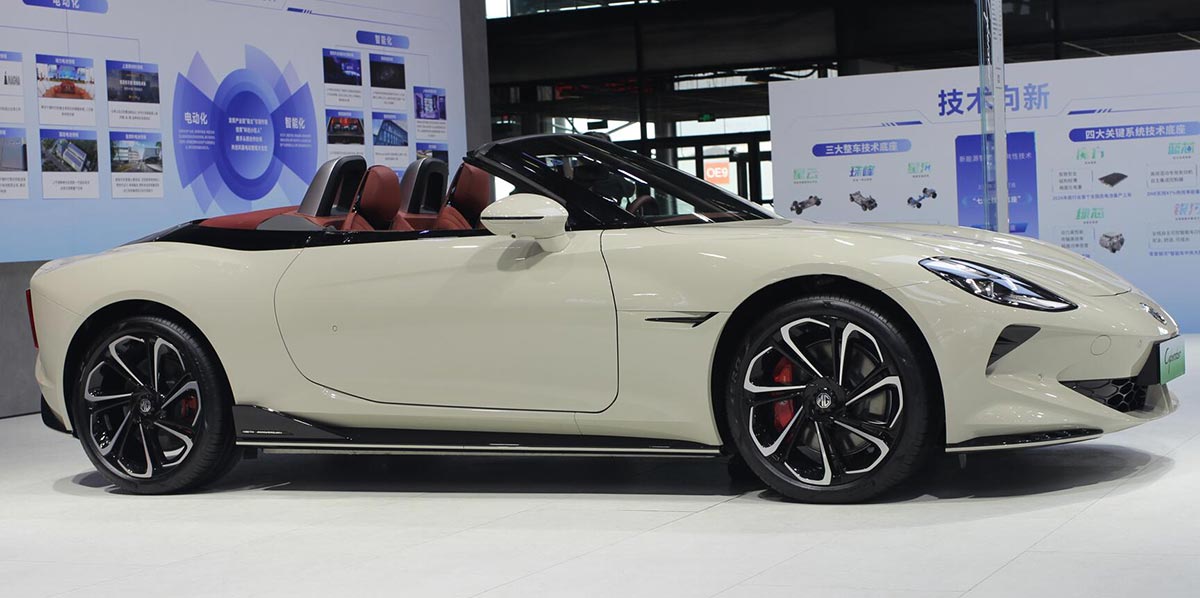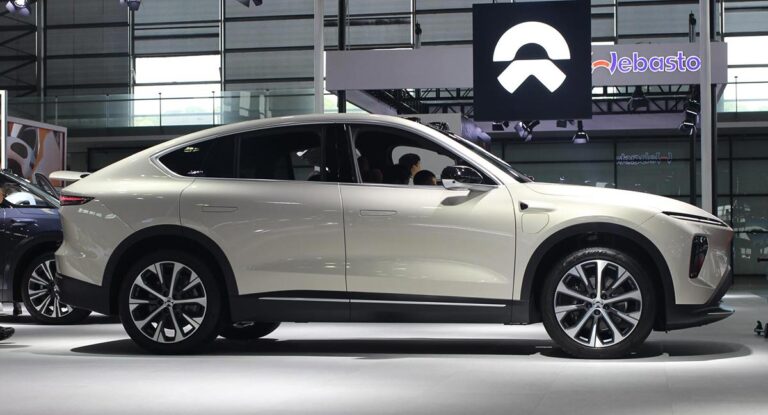Well, that's better than nothing.

The European Union slightly revised proposed tariffs on electric vehicles (EVs) imported from China after receiving more information from affected companies, Bloomberg said in a June 26 report, citing a person familiar with the matter.
The additional tariffs faced by SAIC Motor Corp dropped to 37.6 percent from the previously announced 38.1 percent, Geely Automobile Holdings Ltd to 19.9 percent from 20 percent, and BYD (HKG: 1211, OTCMKTS: BYDDY) remained at 17.4 percent, according to the report.
The new provisional rates are on top of the existing 10 percent tariff that are levied.
Other Chinese EV makers that cooperated with the investigation but were not sampled will be subject to a weighted average tariff of 20.8 percent, slightly lower than the previously announced 21 percent.
The additional tariff faced by companies that did not cooperate with the investigation is now 37.6 percent, down from the previously announced 38.1 percent.
The provisional tariffs will go into effect on July 4 and the definitive duties will go into effect in November, the Bloomberg report noted.
Following a request to be sampled, Tesla (NASDAQ: TSLA) may receive an individually calculated duty rate at the definitive stage, according to the report.
The European Commission formally opened a anti-subsidy investigation on October 4, 2023, into imports of EVs originating in China.
On June 12, the European Commission pre-disclosed the level of provisional duties to be imposed on imports of battery electric vehicles (BEVs) from China as part of the ongoing investigation.
Following the announcement of the provisional tariffs, China voiced its opposition and urged the EU to rectify its approach and deal with economic and trade frictions through dialog and consultation.
On June 22, China's Ministry of Commerce said in a brief statement that the country and the EU agreed to initiate consultations on the case.
Among China's major new car-making forces, Nio (NYSE: NIO) and Xpeng (NYSE: XPEV) have a presence in the European market, while Li Auto (NASDAQ: LI) does not.
Both Nio and Xpeng are among the Chinese EV makers that cooperated with the investigation but weren't sampled, according to documents released by the European Commission on June 12th. Bloomberg's latest report means they would face an additional tariff rate of 20.8 percent, down from 21 percent previously announced.
